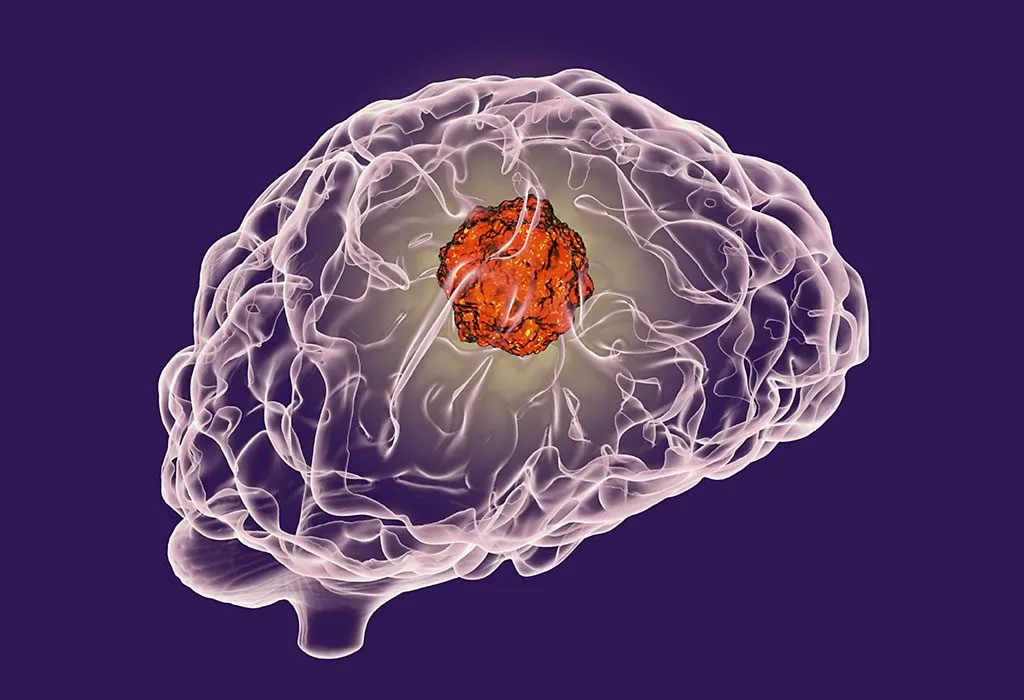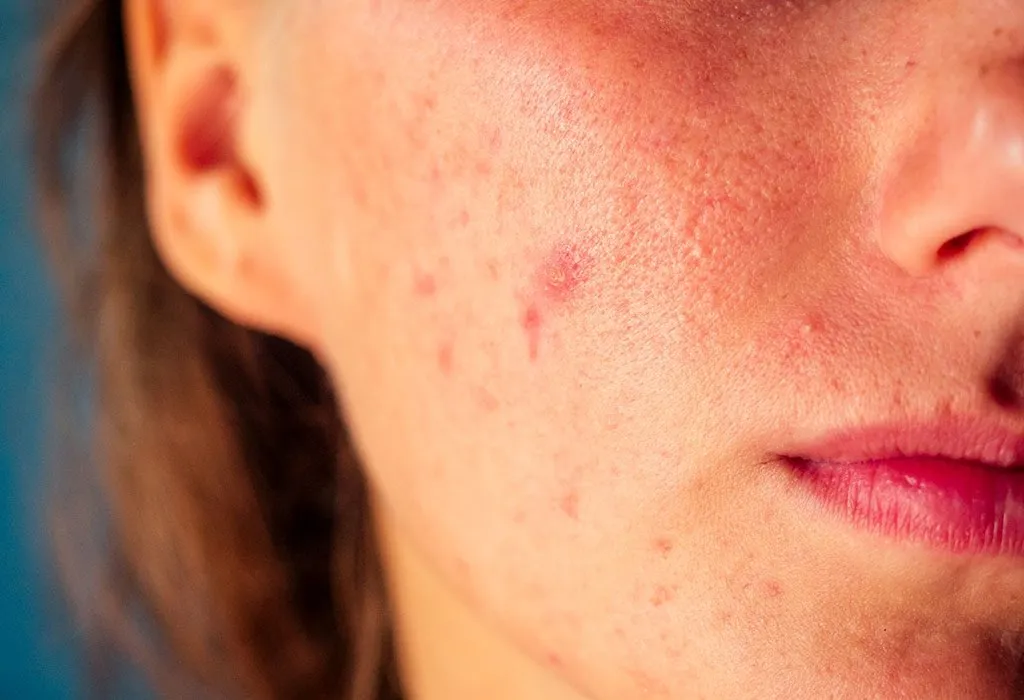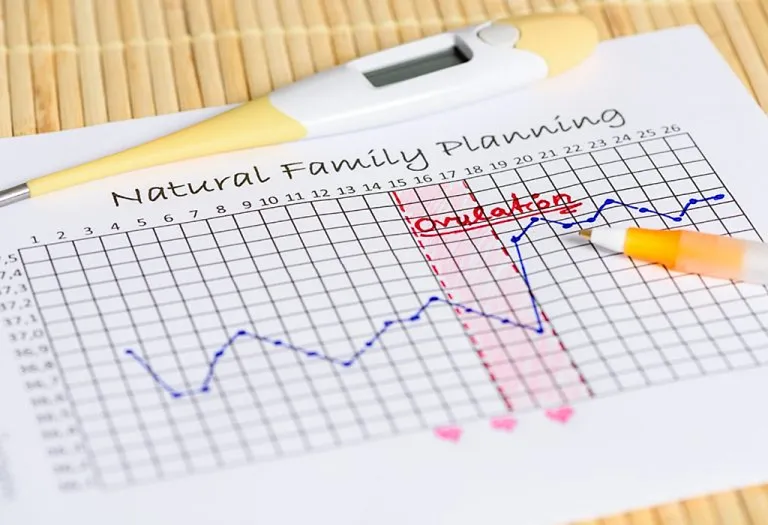Breast Milk Without Pregnancy – Is It Normal?

- What Is Lactation Without Pregnancy?
- Can Women Lactate Without Being Pregnant?
- What Causes Galactorrhea?
- Symptoms of Lactation Without Pregnancy
- What Are the Risk Factors for Galactorrhea?
- Diagnosis and Tests
- How Is Galactorrhea Treated?
- Complications of Galactorrhea
- Ways to Prevent Lactation If You Are Not Pregnant
- How Long Does Galactorrhea Last?
- When to Consult a Doctor?
- FAQs
Parents-to-be are usually full of doubts when the baby is on the way. However, you may also find yourself affected by some conditions associated with the pregnancy even if you are not pregnant – galactorrhea is one such example.
Galactorrhea refers to the condition when the person- it could be a woman, man or even a baby- starts producing breast milk even when pregnancy has not occurred. This condition is also called hyperlactation. Milk production and secretion occur despite the person not being pregnant or even when they are another gender. You have to remember that this is completely different from pus discharge from the breasts, which may be due to infections like mastitis.
In this article, let us take a look at what galactorrhea is and how it can be treated.
What Is Lactation Without Pregnancy?
Can a woman lactate if not pregnant? The answer is yes, she can – in fact, men and babies may also lactate despite them being the opposite gender or not of the right age. This condition where the person lactates without being pregnant is called galactorrhea, or hyperlactation. It is usually caused because of some sort of medical condition and can be treated with ease.
Can Women Lactate Without Being Pregnant?
Yes, it is possible for women to lactate without being pregnant. This condition is known as galactorrhea and can be caused by various factors such as hormonal imbalances, medications, or certain medical conditions.
What Causes Galactorrhea?
When milk comes from the breast despite no sign of pregnancy, it can be due to many reasons. Some of the causes of lactation without pregnancy are given below (1).
1. Medications
If the person is under some sort of medication which can affect the mammary glands, it may stimulate the glands to produce breast milk even if the woman is not pregnant. The medication may be anything ranging from birth control pills to antidepressants or tranquillizers (2).
2. Hypothyroidism
When the thyroid gland fails to produce enough hormones for the body, it can lead to the release of large amounts of prolactin. This prolactin hormone can stimulate the body to create large amounts of milk.
3. Tumours
If your pituitary gland has been affected by tumours, it can also result in the release of breast milk. The tumours can result in the production of too much prolactin, which can stimulate your body to make more milk.

4. Nerve Damage
Nerve damage in the chest area can also lead to lactation occurring. The damage can be due to shingles, chest surgery or even burns in the chest area.
5. Chronic Kidney Disease
The kidney does the important job of filtering out the excess amounts of prolactin from the blood, so the inability of the kidney to work properly can also result in lactation in the person.
6. Spinal Cord Injuries
Sometimes, serious trauma to the spinal cord can result in the stimulation of the endocrine glands of the body. This leads to lactation too, but the reasons for this condition are not clear yet.
7. Herbs
Herbs like fennel, fenugreek, cumin and anise seeds can stimulate the production of prolactin and breast milk in the consumer.
8. Miscarriage
Pregnancy is characterised by the hormonal and physical changes occurring in the body. Sometimes, the body may start to lactate even after a miscarriage, which can affect the mother both emotionally and physically. Lactation after miscarriage is caused due to the hormonal changes and imbalances which have already occurred in the body of the female.
9. Stress
High levels of stress can impact hormonal balance in the body, including the regulation of prolactin. Chronic stress may contribute to galactorrhea by influencing the normal functioning of the endocrine system.
10. Liver Disease
Liver dysfunction can disrupt the metabolism of hormones, potentially leading to elevated levels of prolactin. This hormonal imbalance may stimulate the mammary glands to produce breast milk.
In men, galactorrhea is associated with a deficiency of testosterone and usually accompanies breast enlargement and tenderness. Some other symptoms that come with it are erectile dysfunction and low sex drive. In babies, the condition can be caused as a result of excess estrogen from the mother passes on to the baby via the placenta, which can cause breast enlargement. This milky discharge normally resolves on its own.
Symptoms of Lactation Without Pregnancy
There are a few galactorrhea symptoms which can make you understand that you are lactating and that the discharge is not because of chest infections like mastitis. Some of these symptoms are (3):
- The most common symptom is that the breasts will start to produce excessive amounts of milk even if you are not pregnant.
- You may find yourself leaking from the nipples at random.
- The breast tissue may become large.
- You may have irregular or missed periods.
- You may experience a lowered sex drive.
- You may develop acne.

- You may experience nausea.
- You may also have abnormal hair growth.
- You may have problems with vision.
- You may have consistent headaches.
What Are the Risk Factors for Galactorrhea?
Galactorrhea, the spontaneous discharge of milk from the breasts in the absence of pregnancy or breastfeeding, may be influenced by various risk factors. Identifying these factors can be crucial in understanding and managing the condition. Here are some potential risk factors associated with galactorrhea:
- Hormonal Imbalances: Irregularities in hormone levels, particularly elevated prolactin, can increase the risk of galactorrhea.
- Medications: Certain medications, such as antipsychotics, antidepressants, and antihypertensives, may contribute to galactorrhea as a side effect.
- Pituitary Gland Disorders: Conditions affecting the pituitary gland, such as tumors or pituitary adenomas, can disrupt hormonal regulation and lead to galactorrhea.
- Underlying Medical Conditions: Conditions such as hypothyroidism, chronic kidney disease, or liver disorders may pose an increased risk for galactorrhea due to their impact on hormonal balance.
Diagnosis and Tests
If you think that you may have abnormal lactation, you should consult the doctor immediately. They will be able to diagnose your condition using multiple galactorrhea tests from the four given below.
1. Physical Exam
The first step is a simple physical exam to check your condition. The doctor may feel around for any unusual masses or growths in the breast to check whether they are the cause of lactation occurring. They will also take a sample of the discharge from the breast for further tests.
2. Mammogram
A mammogram is a simple test to check for any tumours and growth in the breast area that helps the doctor understand more about what may be the cause for lactation. It is similar to an X-ray but is specialised for breasts.
3. Blood Test
Your doctor will also take a sample of your blood in order to test it extensively. Any abnormal levels of the hormone in the blood can give the doctor an idea about what may be causing this galactorrhea in your body.

4. Pregnancy Test
Your doctor will also be sure to administer a pregnancy test to make sure that you are not pregnant- this is because pregnancy, obviously, is the most common cause of breast milk production in females.
How Is Galactorrhea Treated?
The treatment for galactorrhea can be classified broadly into two types- medical treatments and home remedies.
1. Medical Treatments
There is no single path for treating this condition as it can vary according to the reasons why the breast is producing milk. The treatment is done so as to eliminate the underlying cause of galactorrhea and not this condition itself. If the cause is a tumour, the treatment will be to remove the tumour from the body via surgery. You should not worry since most tumours do not indicate cancer in any way. If the cause of galactorrhea is medication, your doctor will prescribe a substitute or advise you to stop consuming the medicine altogether. The lactation is sure to go away soon in this case, and will not have any lasting effect o your body.
2. Home Remedies
You can also use home remedies so that your condition does not worsen. You should avoid stimulating the breasts in any way, even during sexual activity. You can also try doing self-exams in order to check for possible lumps in the breast area, at least once a month. You should also avoid tight clothing and anything that might cause friction in the nipple area.
Complications of Galactorrhea
Galactorrhea, the spontaneous discharge of milk from the breasts unrelated to pregnancy or breastfeeding, can be associated with various complications that may impact an individual’s health and well-being. Understanding these complications is crucial for appropriate management. Here are some potential complications associated with galactorrhea:
- Fertility Issues: Elevated levels of prolactin, a hormone responsible for milk production, can interfere with the normal functioning of the reproductive system, potentially leading to irregular menstrual cycles and fertility issues.
- Bone Health Concerns: Prolonged periods of elevated prolactin levels may lead to a reduction in estrogen, impacting bone density and increasing the risk of osteoporosis.
- Emotional Distress: Galactorrhea can cause emotional distress, affecting an individual’s mental well-being. The psychological impact may arise from concerns about the underlying cause, body image issues, or disruptions in daily life.
Ways to Prevent Lactation If You Are Not Pregnant

If you are not pregnant, lactation can be difficult to manage. There are a few ways by which you can prevent lactation in such situations (4):
- You should not wear bras or any clothing that irritates your nipples.
- You should avoid the stimulation of your breasts as much as possible.
- The self-exams of your breasts must be limited to once a month.
- Avoid doing drugs.
- Try to be less stressed.
- Strive to live a healthy life overall.
How Long Does Galactorrhea Last?
The duration of galactorrhea can vary widely and depends on the underlying cause. It may be a temporary and reversible condition in some cases, while in others, it could persist until the root cause is identified and addressed. Consultation with a healthcare professional is essential to determine the specific duration based on individual circumstances.
When to Consult a Doctor?
If you see any symptoms of galactorrhea and your nipples are constantly spouting a milk-like substance, you should see the doctor as soon as possible. There can be many underlying causes, so you should treat it quickly.
FAQs
1. Can Galactorrhea Cause Weight Gain?
Galactorrhea itself is not directly associated with weight gain. However, the underlying causes, such as hormonal imbalances, certain medications, or medical conditions, may contribute to weight changes.
2. When Can You Expect to Start Lactating if You’re Not Pregnant?
The onset of lactation without pregnancy depends on the underlying cause. It can occur spontaneously or be induced by factors like medications, hormonal imbalances, or specific medical conditions. The timing varies and requires medical evaluation for a precise answer.
3. Which Methods Can be Used to Induce Lactation without Being Pregnant?
Methods to induce lactation without pregnancy may include nipple stimulation, hormonal treatments, and the use of certain medications. Consultation with a healthcare professional is essential to explore safe and appropriate options.
4. Who Is Most Likely to Experience Lactation With Pregnancy and How Common Is It?
Lactation with pregnancy is a normal and common occurrence. It is typically experienced by pregnant women as a natural part of the body’s preparation for breastfeeding. While the frequency may vary, most pregnant individuals will experience some degree of lactation in preparation for nursing their newborns.
Lactation without pregnancy is common in many women, and it may even affect men or babies. Without pregnancy, breast milk is caused due to many underlying reasons and it goes away easily enough once treatment starts. Healthy lifestyle changes can help prevent this condition, even in males.
References/Resources:
1. Hunag. W, Molitch, M; Evaluation and Management of Galactorrhea; American Family Physician; https://www.aafp.org/pubs/afp/issues/2012/0601/p1073.html; June 2012
2. Galactorrhea; American Academy of Family Physicians; https://familydoctor.org/condition/galactorrhea/
3. Galactorrhea; Mayo Clinic; https://www.mayoclinic.org/diseases-conditions/galactorrhea/symptoms-causes/syc-20350431
4. Galactorrhea; Cleveland Clinic; https://my.clevelandclinic.org/health/diseases/17924-galactorrhea
5. Leung. A, Pacaud. D; Diagnosis and Management of Galactorrhea; American Family Physician; https://www.aafp.org/pubs/afp/issues/2004/0801/p543.html; August 2004
6. Induced Lactation: Breastfeeding for Adoptive Parents; American Academy of Pediatrics; https://www.healthychildren.org/English/family-life/family-dynamics/adoption-and-foster-care/Pages/Inducing-Lactation-Breastfeeding-for-Adoptive-Moms.aspx
7. Lactation; Cleveland Clinic; https://my.clevelandclinic.org/health/body/22201-lactation
Also Read:
Stop Breast Milk Production
How to Deal with Leaky Breasts?
Was This Article Helpful?
Parenting is a huge responsibility, for you as a caregiver, but also for us as a parenting content platform. We understand that and take our responsibility of creating credible content seriously. FirstCry Parenting articles are written and published only after extensive research using factually sound references to deliver quality content that is accurate, validated by experts, and completely reliable. To understand how we go about creating content that is credible, read our editorial policy here.




































